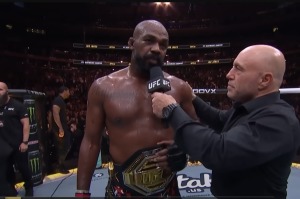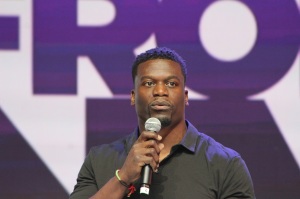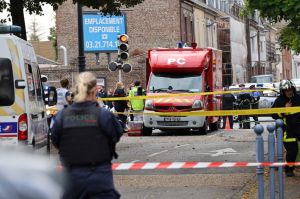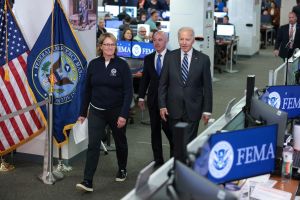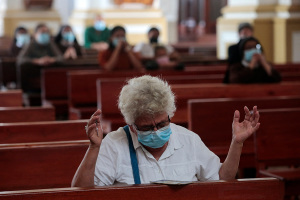President Obama Syria Speech Transcript Text September 10, 2013: Obama Makes Case for Military Strike on Syria
It's true that some of Assad's opponents are extremists. But al Qaeda will only draw strength in a more chaotic Syria if people there see the world doing nothing to prevent innocent civilians from being gassed to death. The majority of the Syrian people -- and the Syrian opposition we work with -- just want to live in peace, with dignity and freedom. And the day after any military action, we would redouble our efforts to achieve a political solution that strengthens those who reject the forces of tyranny and extremism.
Finally, many of you have asked: Why not leave this to other countries, or seek solutions short of force? As several people wrote to me, "We should not be the world's policeman."
I agree, and I have a deeply held preference for peaceful solutions. Over the last two years, my administration has tried diplomacy and sanctions, warning and negotiations -- but chemical weapons were still used by the Assad regime.
However, over the last few days, we've seen some encouraging signs. In part because of the credible threat of U.S. military action, as well as constructive talks that I had with President Putin, the Russian government has indicated a willingness to join with the international community in pushing Assad to give up his chemical weapons. The Assad regime has now admitted that it has these weapons, and even said they'd join the Chemical Weapons Convention, which prohibits their use.
It's too early to tell whether this offer will succeed, and any agreement must verify that the Assad regime keeps its commitments. But this initiative has the potential to remove the threat of chemical weapons without the use of force, particularly because Russia is one of Assad's strongest allies.
I have, therefore, asked the leaders of Congress to postpone a vote to authorize the use of force while we pursue this diplomatic path. I'm sending Secretary of State John Kerry to meet his Russian counterpart on Thursday, and I will continue my own discussions with President Putin. I've spoken to the leaders of two of our closest allies, France and the United Kingdom, and we will work together in consultation with Russia and China to put forward a resolution at the U.N. Security Council requiring Assad to give up his chemical weapons, and to ultimately destroy them under international control. We'll also give U.N. inspectors the opportunity to report their findings about what happened on August 21st. And we will continue to rally support from allies from Europe to the Americas -- from Asia to the Middle East -- who agree on the need for action.
Meanwhile, I've ordered our military to maintain their current posture to keep the pressure on Assad, and to be in a position to respond if diplomacy fails. And tonight, I give thanks again to our military and their families for their incredible strength and sacrifices.
My fellow Americans, for nearly seven decades, the United States has been the anchor of global security. This has meant doing more than forging international agreements -- it has meant enforcing them. The burdens of leadership are often heavy, but the world is a better place because we have borne them.
And so, to my friends on the right, I ask you to reconcile your commitment to America's military might with a failure to act when a cause is so plainly just. To my friends on the left, I ask you to reconcile your belief in freedom and dignity for all people with those images of children writhing in pain, and going still on a cold hospital floor. For sometimes resolutions and statements of condemnation are simply not enough.
Indeed, I'd ask every member of Congress, and those of you watching at home tonight, to view those videos of the attack, and then ask: What kind of world will we live in if the United States of America sees a dictator brazenly violate international law with poison gas, and we choose to look the other way?
Franklin Roosevelt once said, "Our national determination to keep free of foreign wars and foreign entanglements cannot prevent us from feeling deep concern when ideals and principles that we have cherished are challenged." Our ideals and principles, as well as our national security, are at stake in Syria, along with our leadership of a world where we seek to ensure that the worst weapons will never be used.
America is not the world's policeman. Terrible things happen across the globe, and it is beyond our means to right every wrong. But when, with modest effort and risk, we can stop children from being gassed to death, and thereby make our own children safer over the long run, I believe we should act. That's what makes America different. That's what makes us exceptional. With humility, but with resolve, let us never lose sight of that essential truth.
Thank you. God bless you. And God bless the United States of America.
Transcript courtesy of the White House.
















